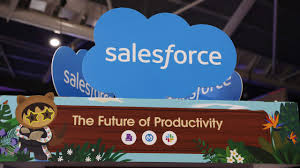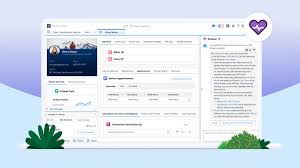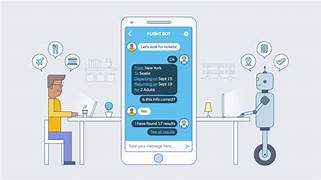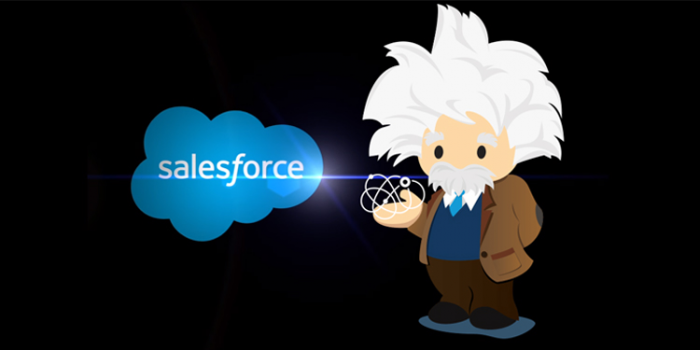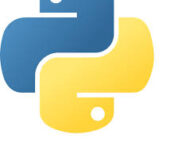Trends in AI for CRM
Nearly half of customer service teams, over 40% of salespeople, and a third of marketers have fully implemented artificial intelligence (AI) to enhance their work. However, 77% of business leaders report persistent challenges related to trusted data and ethical concerns that could stall their AI initiatives, according to Salesforce research released today. The Trends in AI for CRM report analyzed data from multiple studies, revealing that companies are worried about missing out on the opportunities generative AI presents if the data powering large language models (LLMs) isn’t rooted in their own trusted customer records. At the same time, respondents expressed ongoing concerns about the lack of clear company policies governing the ethical use of AI, as well as the complexity of a vendor landscape where 80% of enterprises are currently using multiple LLMs. Salesforce’s Four Keys to Enterprise AI Success Why it matters: AI is one of the most transformative technologies in generations, with projections forecasting a net gain of over trillion in new business revenues by 2028 from Salesforce and its network of partners alone. As enterprises across industries develop their AI strategies, leaders in customer-facing departments such as sales, service, and marketing are eager to leverage AI to drive internal efficiencies and revolutionize customer experiences. Key Findings from the Trends in AI for CRM Report Expert Perspective “This is a pivotal moment as business leaders across industries look to AI to unlock growth, efficiency, and customer loyalty,” said Clara Shih, CEO of Salesforce AI. “But success requires much more than an LLM. Enterprise deployments need trusted data, user access control, vector search, audit trails and citations, data masking, low-code builders, and seamless UI integration. Salesforce brings all of these components together with our Einstein 1 Platform, Data Cloud, Slack, and dozens of customizable, turnkey prompts and actions offered across our clouds.” Like Related Posts Salesforce OEM AppExchange Expanding its reach beyond CRM, Salesforce.com has launched a new service called AppExchange OEM Edition, aimed at non-CRM service providers. Read more The Salesforce Story In Marc Benioff’s own words How did salesforce.com grow from a start up in a rented apartment into the world’s Read more Salesforce Jigsaw Salesforce.com, a prominent figure in cloud computing, has finalized a deal to acquire Jigsaw, a wiki-style business contact database, for Read more Health Cloud Brings Healthcare Transformation Following swiftly after last week’s successful launch of Financial Services Cloud, Salesforce has announced the second installment in its series Read more


